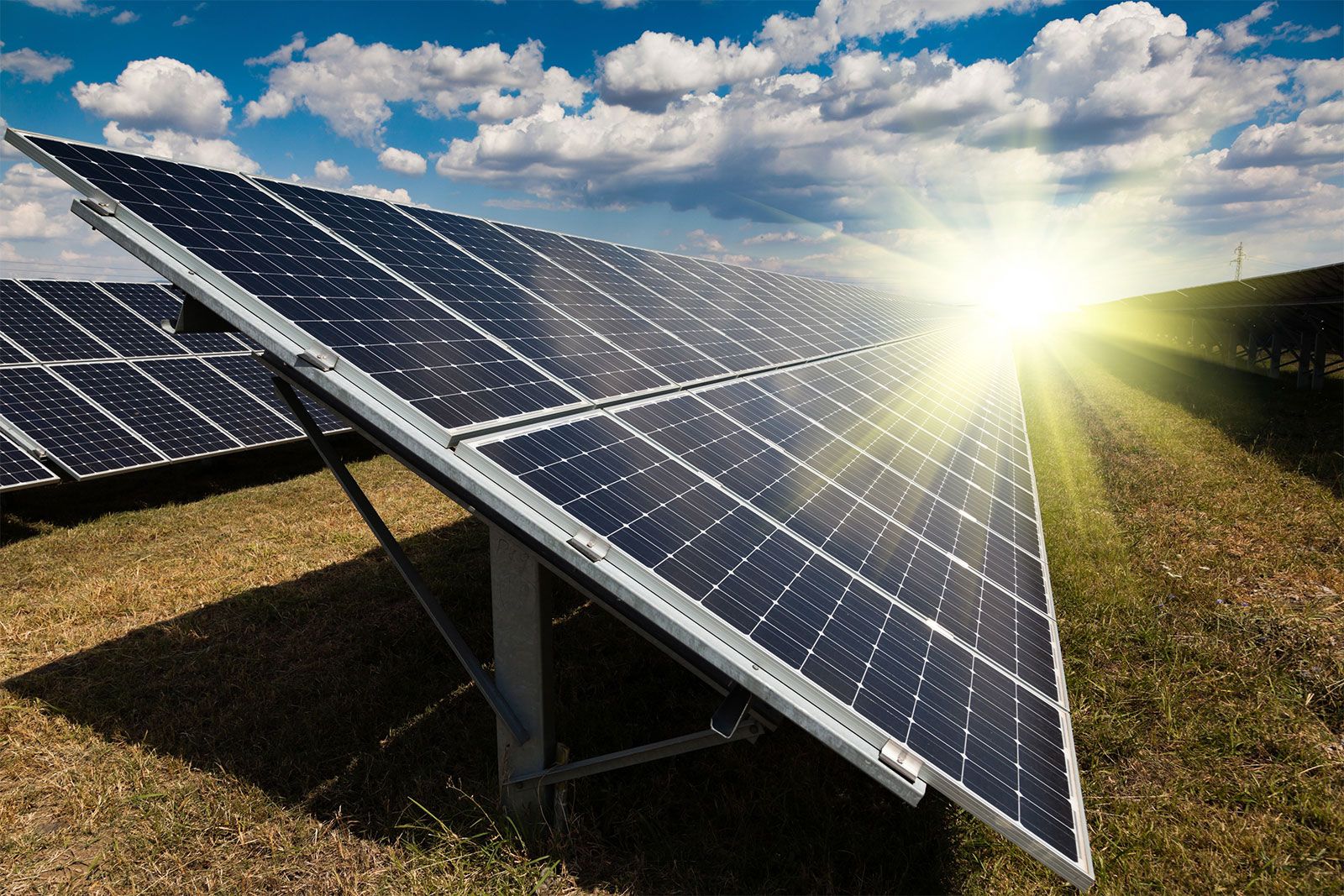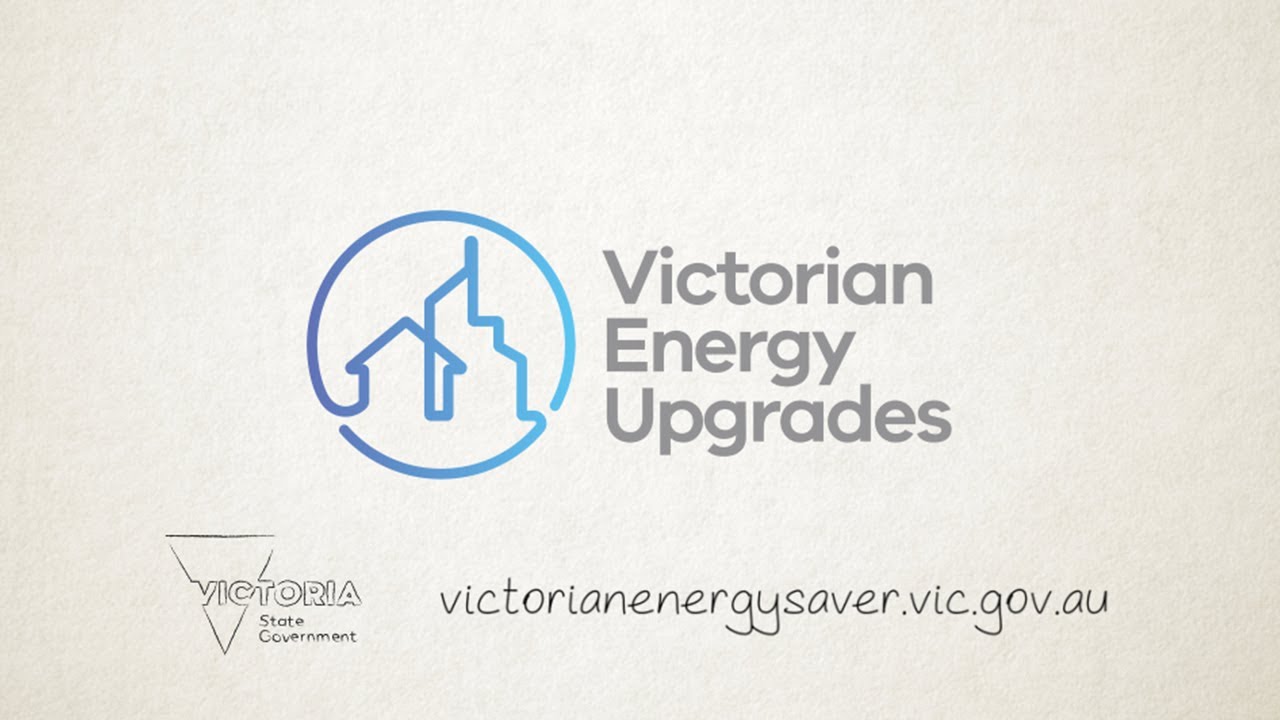
Solar Panel Grants: Unlocking Savings for UK Homeowners in 2024
The surge in energy prices has prompted many UK homeowners to explore sustainable alternatives. One such opportunity lies in solar panel grants, which can significantly reduce installation costs, making solar energy more accessible than ever. By applying for these grants, homeowners could save upwards of £1,190 annually on energy bills. A recent survey indicated that nearly 79% of individuals who adopted solar technology credited grants as a vital part of their transition to green energy.
 Exploring the benefits of solar energy in the UK.
Exploring the benefits of solar energy in the UK.
Overview of Current Solar Grants and Schemes
With a variety of programs available, the UK government continues to incentivize solar energy adoption. Below is an overview of standout grants:
| UK Grant or Scheme | Potential Savings | Eligibility | Run Time |
|---|---|---|---|
| ECO4 | Free solar panels and energy-efficient upgrades | Homes in England, Scotland, or Wales, as determined by local authorities | April 2022 to March 2026 |
| Solar Together | 10-25% savings on solar installations | Homeowners and renters in participating councils | Ongoing |
| Home Upgrade Grant (HUG2) | Savings can exceed £18,000 | Low-income households with high energy needs | April 2023 to March 2025 |
| Smart Export Guarantee (SEG) | 1-24p per kWh for excess solar energy | Homes with an MCS certificate | Ongoing |
| Zero per cent VAT | Variable savings based on installation costs | All UK homes | April 2022 to March 2027 |
| Welsh Government Warm Homes Nest Scheme | Free solar panels for eligible households | Welsh households on income-related benefits and low EPC ratings | Ongoing |
Detailed Program Insights
Energy Company Obligation (ECO4)
This flagship program aims at tackling energy inefficiency in homes across nations. Under the ECO4, households may receive essential upgrades like solar panels, air source heat pumps, and new boilers, further enhancing energy efficiency.
Solar Together
This initiative allows homeowners to join a collective purchasing scheme, which leverages collective purchasing power for better prices on solar installations. The discounts range from 10% to 25%, depending on various factors including local demand.
 Maximizing energy efficiency with upgrades.
Maximizing energy efficiency with upgrades.
Home Upgrade Scheme (HUG2)
Targeted towards low-income and off-grid households, HUG2 offers up to £18,000 in local authority-dependent grants to improve energy efficiency and transition towards renewable energy sources.
Smart Export Guarantee (SEG)
Through SEG, households can sell any excess electricity they generate back to the grid, earning them additional revenue. This initiative not only promotes self-sufficiency but also incentivizes homeowners to produce more energy than they consume.
Understanding VAT Relief
The Zero per cent VAT initiative is a substantial financial benefit for all UK homeowners considering solar panel installation. With this scheme, homeowners can avoid VAT charges on eligible solar products, thereby making clean energy even more affordable.
The Importance of Local Government Schemes
Each region in the UK offers unique support systems that cater specifically to their demographics. For instance, Wales provides the Warm Homes Nest Scheme, targeting households receiving income-related benefits. These tailored approaches not only encourage investment in renewable energy but also ensure that vulnerable populations are supported in their transition to green technologies.
 Supporting sustainable living through energy efficiency.
Supporting sustainable living through energy efficiency.
Conclusion
The landscape for solar panel funding in the UK is thriving, offering homeowners a plethora of opportunities to save and embrace clean energy sources. As energy costs fluctuate, the potential savings from these grants are more important than ever. For those ready to make the switch, staying informed about the eligibility criteria and application processes can maximize financial assistance and paving the way towards sustainable living.
In today’s environment, taking advantage of these solar panel grants not only lowers monthly expenses but also positions homeowners as active participants in combating climate change.















